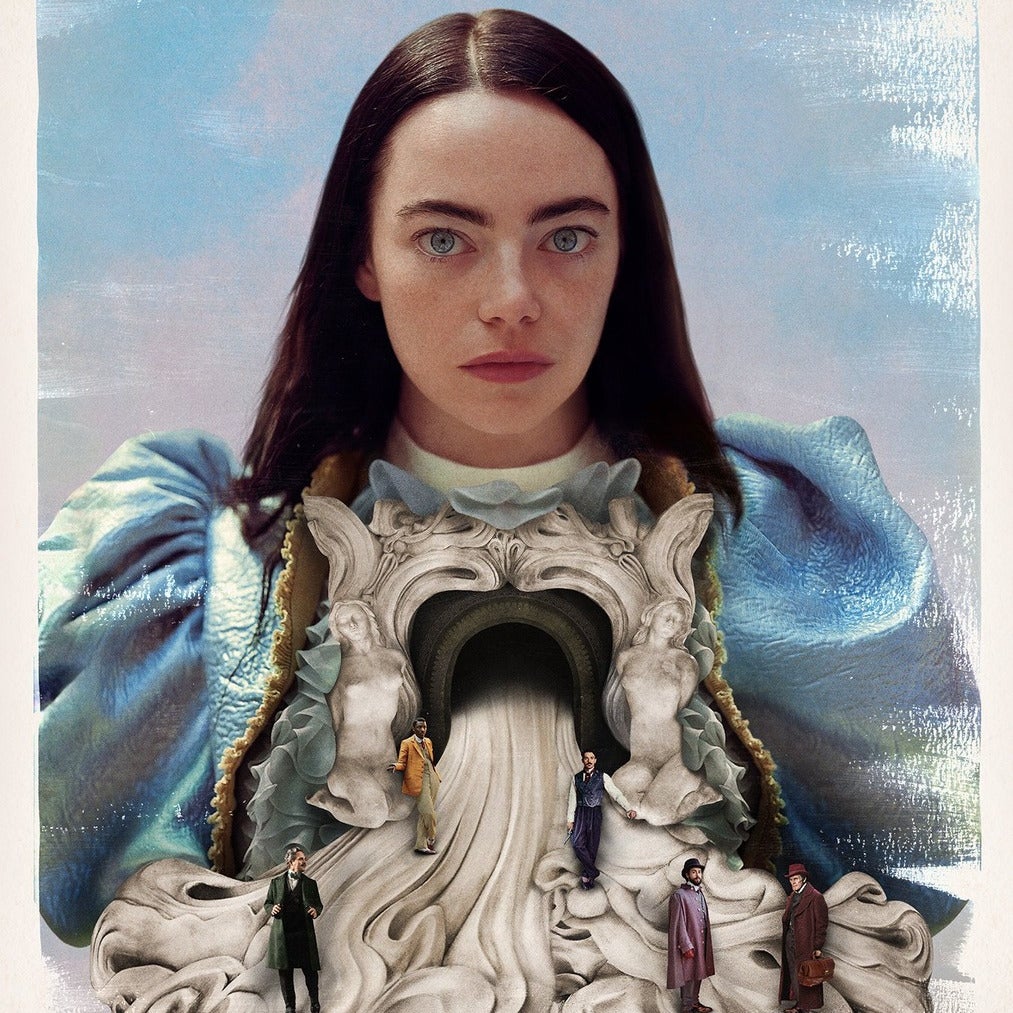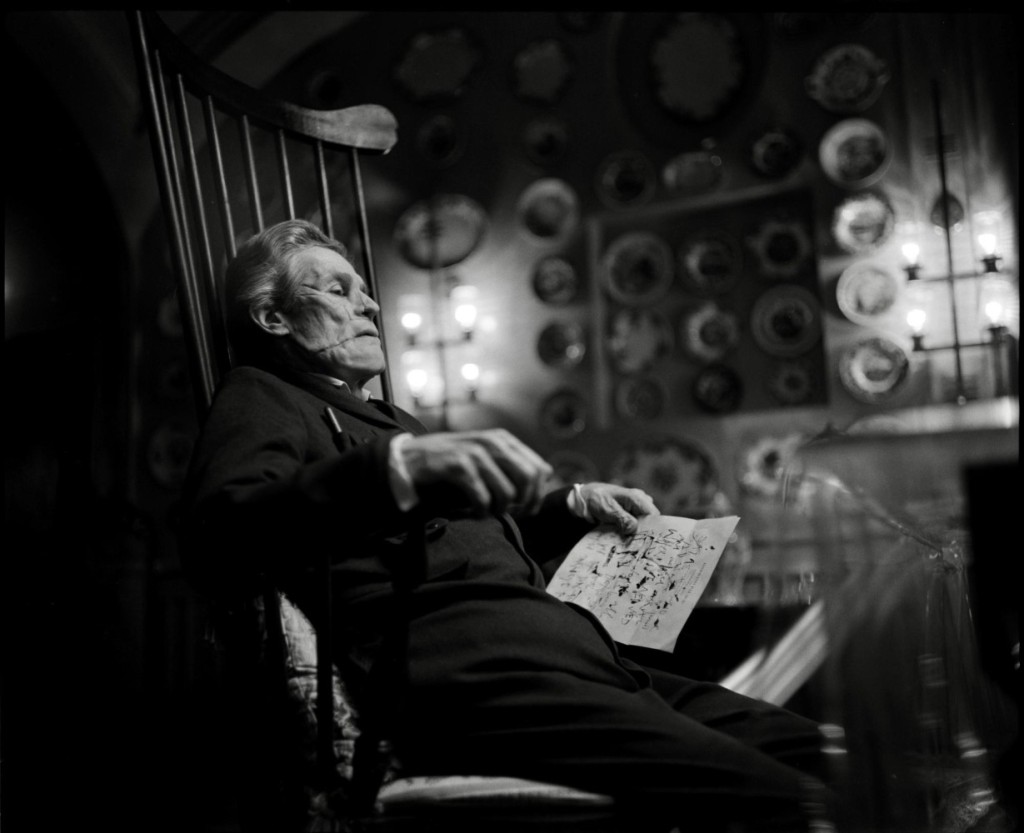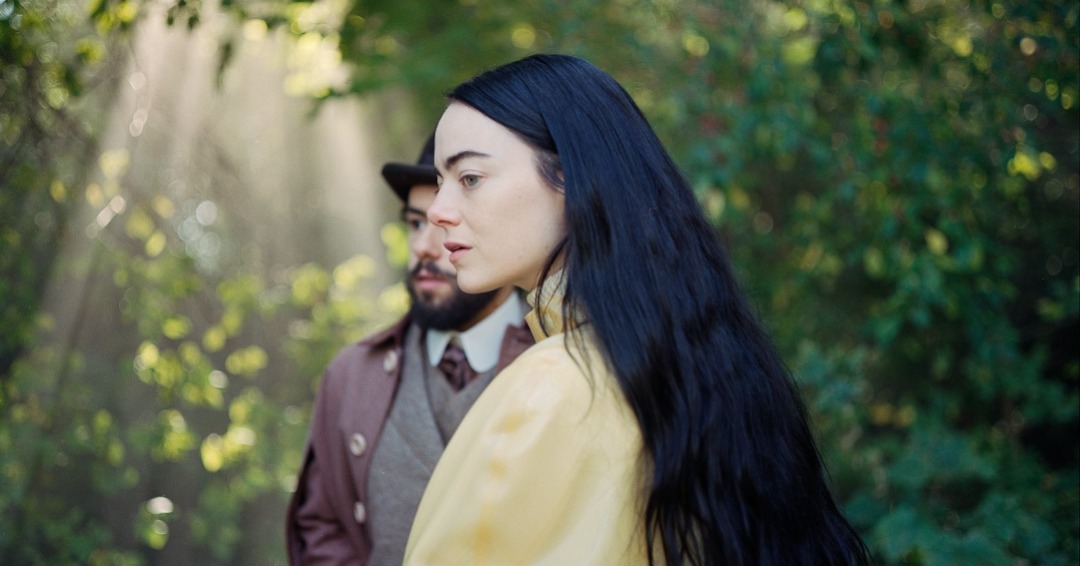FILM REVIEW
POOR THINGS
Rated R
141 Minutes
Limited Release December 8th, Wide Release December 22nd, Multiple Award Nominations

One day in 2009, an aspiring filmmaker from Greece named Yorgos Lanthimos approached Scottish writer and artist Alasdair Gray about a novel he had written in 1992. Gray was then in his 80s and was pleasantly surprised by the young director’s interest in his sprawling “anti-Victorian” epic called “Poor Things.” Gray took Lanthimos on a walking tour of all the locations in Glasgow where the story was set.
Lanthimos’ passion to forge the work into a motion picture never waned. Fourteen years later, he has succeeded. Unfortunately, Gray died two years before the film was completed, but his work lives on vividly in Lanthimos’ award-winning work, which follows the bizarre coming-of-age story of a highly unusual creature named “Bella” amidst the backdrop of a fantastical rendering of the world of the 1890s. It is a rambling tale, much like the literature of its Victorian setting, yet its theme is decidedly un-Victorian.

Lanthimos knew that he needed the experience to make this film, so he tucked away the idea until he knew he had the clout to make it. In the novel, the men tell the story. For him, it was Bella’s story about “all the people who try to control her body, her ideas, her experience of life.” The sets and locales of this movie recall the lavish musical and adventure movies of the 1920s, 30s, and 40s, but the style and story are the theatre of the absurd, layered over philosophical contemplation of human nature.
Editor Yorgos Mavropsaridis, a Lanthimos regular, created a jagged effect in the timing, mirrored by composer Jerskin Fendrix, who punctuated the visuals and dialogue with somewhat jarring musical sounds evoking the unnatural development of Bella’s psyche. We watch Bella’s identity form from early childhood to adulthood in the same body, inhabited brilliantly by Emma Stone, amidst grand landscapes combining history and dreamscapes. Even the extraordinary costumes by Holly Waddington are personalities in themselves, becoming outward displays of Bella’s development through curiosity and wonder.
Lanthimos is a photographer, always sensing the composition of shots. Normally, he shoots on location, but for this film, he decided to create Bella’s world from scratch. Production designers Shona Heath and James Price used sound stages in Budapest to build a house, an ocean liner, a brothel, and even the cities of Alexandria and London circa the late 1800s. A friend noted that the artistry of the sets resembles the imaginative architecture of Antoni Gaudi. The film morphs from black and white to color as Bella’s perception develops.
Lanthimos is also truly attuned to the art of acting. He tricked the cast on the first scene, telling them it was a full-dress camera test, and produced an extraordinarily intuitive, candid, and wildly imaginative passage that sets the tone for the whole movie and will probably be shown in film classes for ages. He is known for letting spontaneity flourish, and he excels in portraying unique, dynamic female characters using a solid sense of humor as a base. Stone is the perfect muse for this. Stone intricately and vividly realizes Bella’s development over an extremely compacted period, in the same body from toddler to adult, in language and physical skills.

Bella is driven by a voracious thirst for learning and understanding, which we are all born with, though many lose it with age. Her motives are as clear as a five-year-old – equality, the banishment of hatred, and liberation of thought. She is naive about sex as well, and Stone plays that unashamedly. Her physical performance in this role is uninhibited and miraculous. Fellow cast member Ramy Youssef says she seems to have an “emotional computer” that guides her comedic talent.
Stone says of Bella, “The idea of going back from scratch, seeing the world anew, and not having shame around pleasure or joy or pain, that was the most exciting part for me.”. And don’t miss the excellent performances of the men in Bella’s life, portrayed by Willem Dafoe, Mark Ruffalo, Ramy Youssef, and Christopher Abbott, who are all inhabited by male angst in different ways and are all seen by Bella for who they really are.
In an age of gargantuan growth in AI, this movie is a refreshing ode to the human brain and the development of our species over millions of years of evolution. Notably, Bella keeps asking “why?”, never accepting who she is or what she is supposed to do according to others.
Kathryn Whitney Boole has spent most of her life in the entertainment industry, which has been the backdrop for remarkable adventures with extraordinary people. She is a Talent Manager with Studio Talent Group in Santa Monica. kboole@gmail.com












